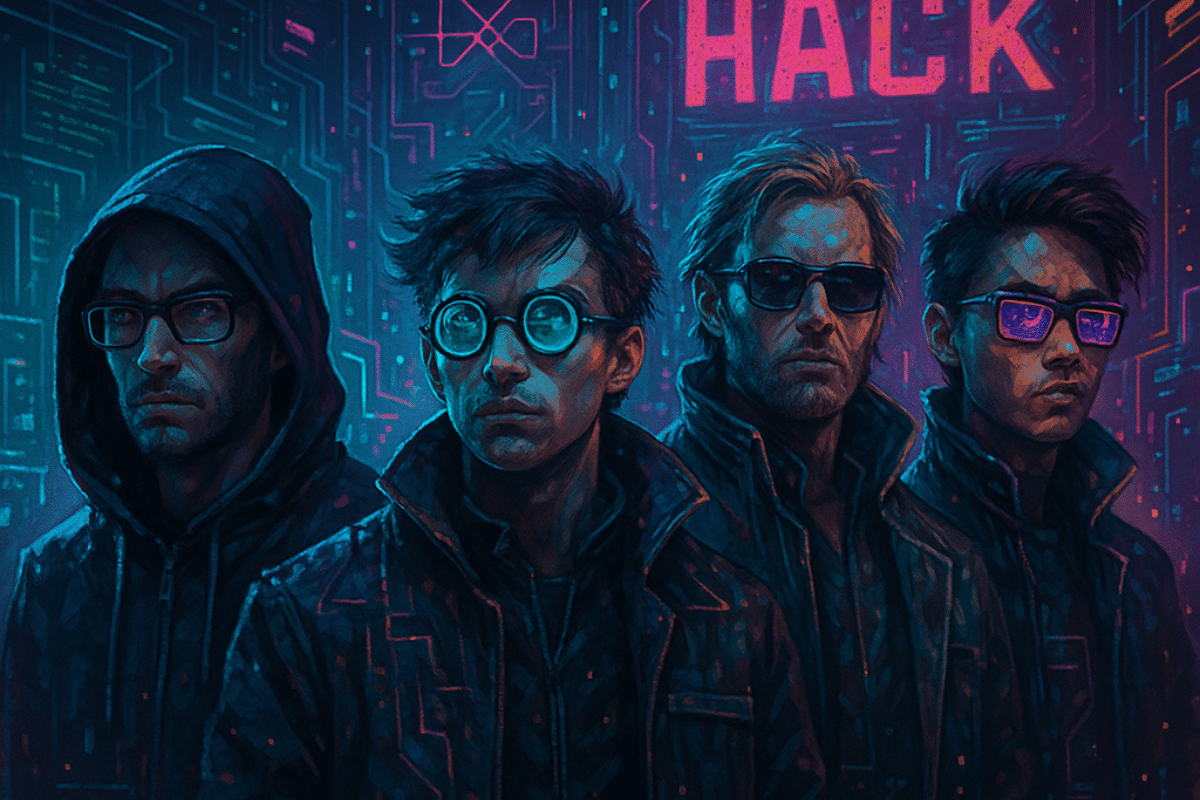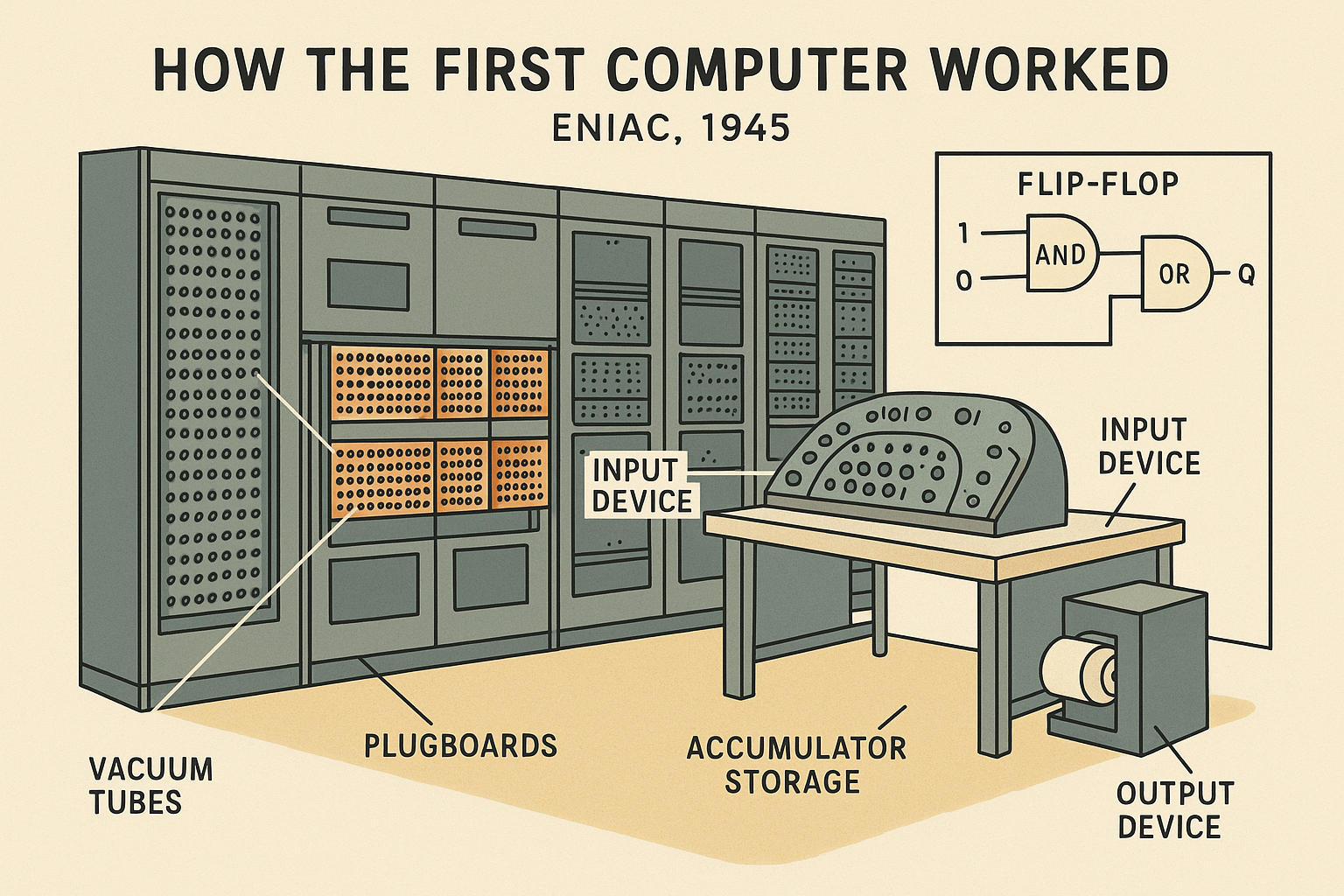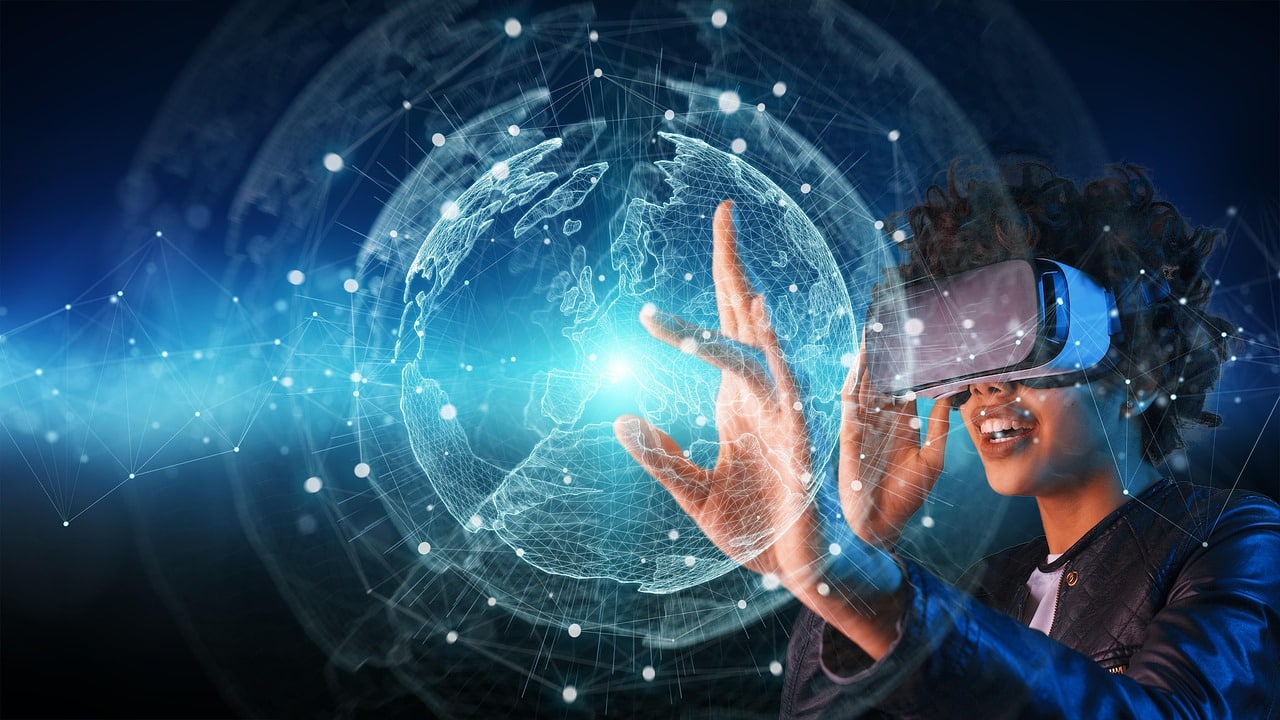
“To err is human,” or perhaps not?
What is artificial intelligence really, and how far can it go? What gives us the ability to actually speak of intelligence rather than computing power? What still needs to be understood in the field of AI?
When talking about artificial intelligence, speculations about the future are commonplace, but less often do we stop to reflect on the present and the concept of AI itself. It seems that the goal of humans is to replicate their own intelligence by building machines capable of reasoning and, thanks to the computing power of computers, surpassing humans themselves in certain functions. Machines must therefore be able to reason, and these reasonings may sometimes be better and more reliable than those of humans.
But is intelligence purely reasoning? Where do we place art, instinct, and experience? Will these characteristics also be necessary for machines, and will we be able to replicate them?
If we ask a tool like ChatGPT a question, it’s very likely that it will give us an accurate answer by quickly analyzing the entire internet database and providing the output we’re looking for. But what happens if we ask it to invent something, like a fairy tale? The output we receive will not be a true invention but rather a sort of collage of existing fairy tales, rearranged to appear new. The concept of invention is not inherent in machines and artificial intelligences but is something that concerns humans. Sometimes (and perhaps this is what we aim for), the reasonings of AI will be so advanced as to seem to propose innovations, but they will remain complex calculations rather than true inventions.
Think, for example, of the game of chess and how it has been revolutionized by AI: since it is a game in which finding the best move requires analyzing future scenarios, humans cannot expect to beat a machine and its computing power. It is now established that a human being cannot beat a computer at chess. However, despite the advent of AI in chess putting machines above humans, humans derive great advantage from analyzing the choices of AI, gathering in their experience new ways of reasoning that will be useful on other occasions (chess-related and otherwise). Therefore, even if AI does not propose true inventions, it is not certain that reasoning based on superior computing power cannot be considered innovative.
And intuition? Will it ever be something replicable, one of the characteristics of humans from which the greatest inventions in our history have arisen, including AI itself?
Or art, is it connected to intelligence, or at least to a certain type of artificially replicable intelligence? For example, there are those in the world of graphics or photography who are frightened by the precision with which new AI-based programs propose images and videos. The level of accuracy is certainly such as to threaten professionals in this field, but elements like inspiration, artistic intuition, and sensitivity cannot be replicated by a machine, which merely sifts through a huge database trying to create the most suitable puzzle for our request.
Artificial intelligence is a technology that we are still in the early stages of, despite having started working on it in the middle of the last century, but as we discover it, we are also discovering new facets of our nature. Regardless of the levels to which we will be able to take artificial intelligence, its study and development are and will be a source of growth for humans, not only in the technological field.








